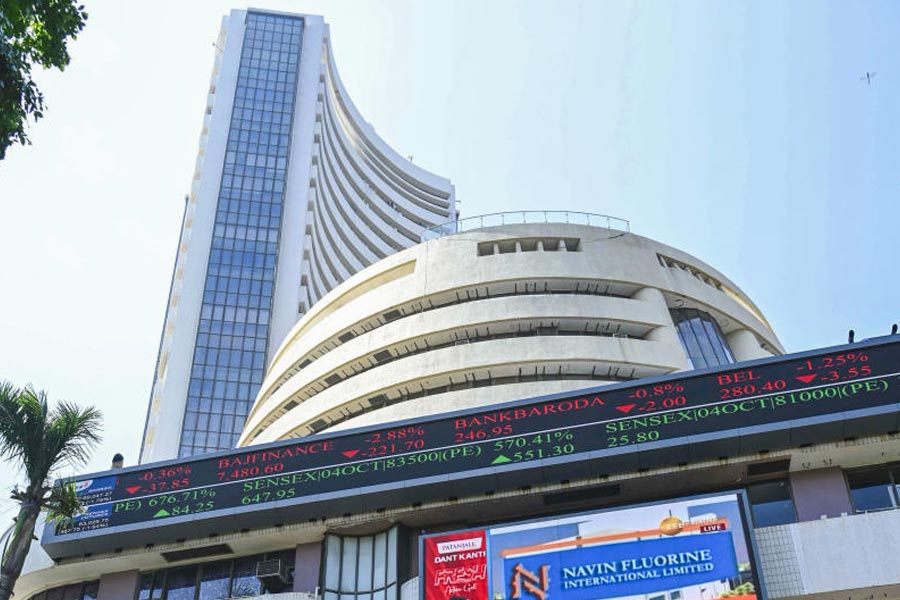As the benchmark BSE Sensex closed lower by 200.85 points on Thursday, marking its fifth consecutive session of losses, financial expert Vivek Kaul advised investors to diversify their investments rather than placing all their money in a single asset class such as stocks.
Kaul, an economist, bestselling author, and financial expert, emphasised the importance of financial planning before market volatility occurs.
“You cannot start planning for volatility once volatility strikes. You have to plan for it in advance,” Kaul said during a YouTube conversation with Paisa Vaisa host Anupam Gupta.
Kaul recommended spreading investments across various assets such as gold, fixed deposits (FDs), and, for those who understand them, debt mutual funds.
He cautioned that debt mutual funds are often misrepresented as being similar to FDs, despite their higher risk. “Unlike FDs, where a promised interest rate—say 7 percent—is guaranteed, debt mutual funds can lead to substantial losses,” he explained.
The Nifty 200 has dropped nearly 16 per cent over the past 165 days. According to an analysis by The Economic Times, this downturn is driven by weak corporate earnings, expensive valuations, and significant Foreign Institutional Investor (FII) outflows, rather than a major external crisis.
Discussing the common debate between “time in the market” and “timing the market,” Kaul stressed the importance of patience and long-term commitment.
"If you have to make a good amount of money from the stock market, you will have to stay invested for a very, very long time..Investors often jump from one option to another, but holding on to investments over an extended period is what truly builds wealth,” he said.
When asked about mutual fund strategies for young and first-time investors facing inflationary pressures, Kaul highlighted the unpredictability of economic conditions. “You can’t possibly control everything; you try and control what you can,” he said.
He dismissed a one-size-fits-all approach and recommended disciplined investing through Systematic Investment Plans (SIPs) and maintaining a diversified portfolio.
He advised individuals to assess their own risk tolerance—those comfortable with risks can allocate more funds to mutual funds, while conservative investors should balance their portfolios with FDs and other stable assets.
The 30-share BSE Sensex declined by 0.27 percent to close at 73,828.91, with 22 of its constituents ending lower and eight with gains. The index opened higher, reaching a peak of 74,401.11 during the late morning session, but persistent selling in select blue-chip stocks led to a low of 73,770.59, representing a 0.35 percent decline.











